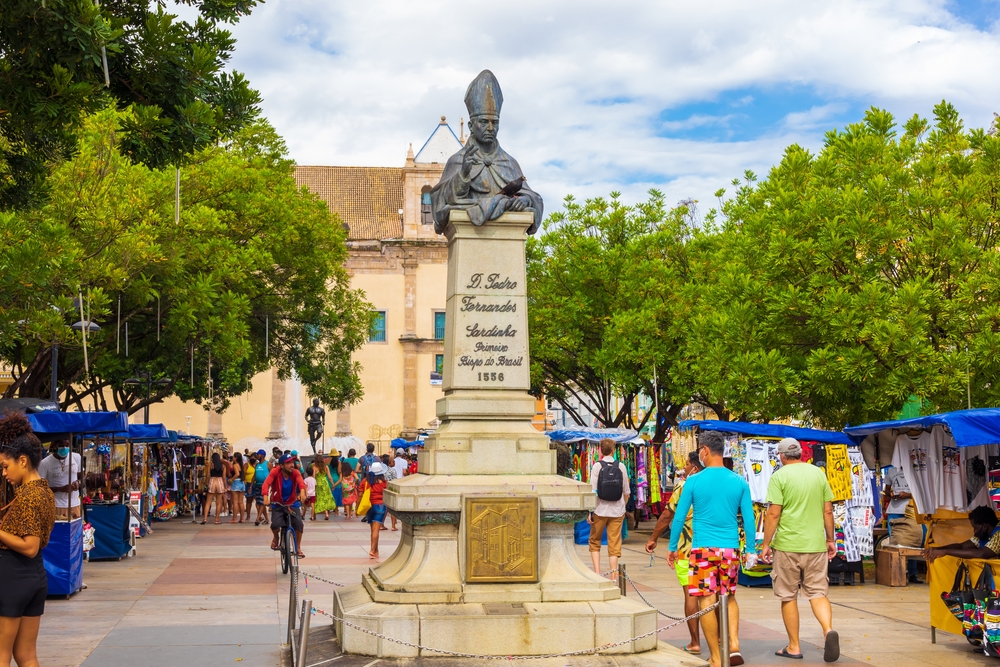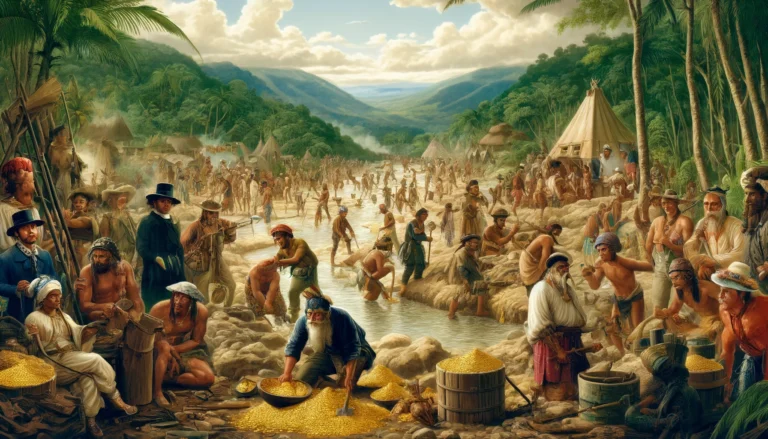Don Pedro Fernandes Sardinha’s election as the first bishop in Brazil in 1552 marks a significant moment in the religious and colonial history of the country. His tenure and the circumstances surrounding his life and death provide a fascinating glimpse into the complexities of early colonial Brazil, the Catholic Church’s role in the New World, and the interactions between European settlers and indigenous populations.
Table of Content
ToggleThe Arrival of Catholicism in Brazil
The arrival of the Portuguese in Brazil in 1500 brought not only colonial ambitions but also the Catholic faith. The Catholic Church played a crucial role in the colonization process, seeking to convert indigenous peoples and integrate the vast new territories into Christendom. In this context, the appointment of Don Pedro Fernandes Sardinha as the first bishop was a significant step towards establishing ecclesiastical authority and structure in the colony.
Don Pedro Fernandes Sardinha: The First Bishop of Brazil
Don Pedro Fernandes Sardinha arrived in Brazil in 1551, bringing with him the mission to organize the Church and spread the Catholic faith among the indigenous populations. His appointment as bishop reflected the Portuguese crown’s and the Catholic Church’s intentions to establish a firm religious presence in their South American colony.
Challenges and Controversies
Sardinha’s tenure was marked by significant challenges, including navigating the complexities of colonial administration, the vast distances between settlements, and the diverse cultures and languages of the indigenous peoples. He faced resistance not only from the indigenous populations but also from Portuguese settlers who were often more interested in exploiting the land and its people than in religious conversions.
Tragic End and Lasting Legacy
Sardinha’s episcopacy came to a tragic end in 1556 when he was shipwrecked off the coast of Alagoas while returning to Portugal. The circumstances of his death are shrouded in controversy and tragedy, with some accounts stating that he and other survivors were captured and killed by the Caeté tribe. This event has been variously interpreted, with some viewing it as a martyrdom for the faith, while others see it as a consequence of the cultural and territorial conflicts inherent in the colonial enterprise.
Conclusion
Don Pedro Fernandes Sardinha’s role as the first bishop in Brazil is a pivotal chapter in the history of the Catholic Church in Latin America. His efforts to establish the Church’s presence in the colony, the challenges he faced, and his tragic end highlight the complex interplay between faith, colonization, and indigenous cultures. Sardinha’s legacy is a reminder of the turbulent and often violent history of the early years of European colonization in the Americas, and the enduring impact of these events on the religious and cultural landscape of Brazil.












